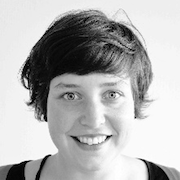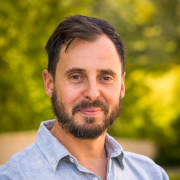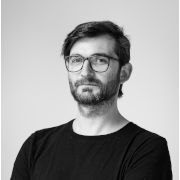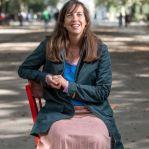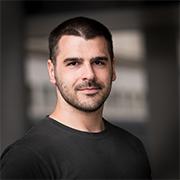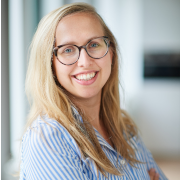COCO: reference point for Compassionate Communities
COCO wants to create a more compassionate society in which communities have the capacity and know-how to provide care for their members during times of serious illness, death, dying and loss and to take on the social challenges associated with it. This shift in practice will require an even broader cultural shift and relevant expertise is currently lacking on many fronts.
Photo by Vlad Sargu. (Source.)
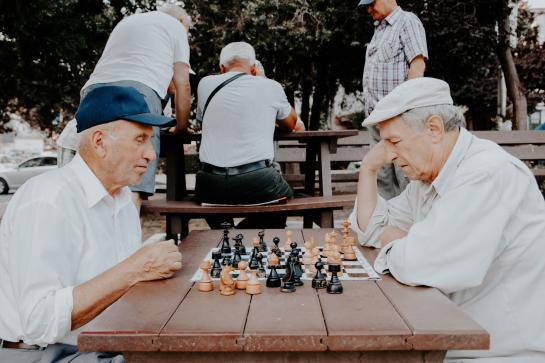
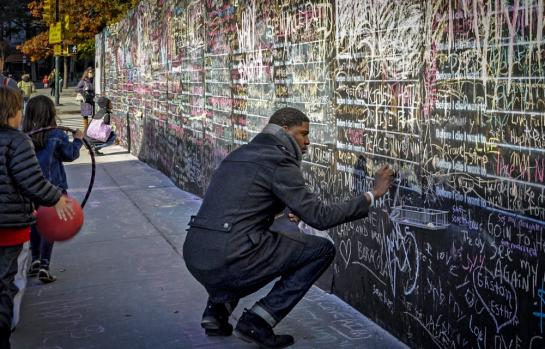
While the medical-professional sector treats the physical and psychopathological symptoms of serious illness, it is the community that cares for the often-neglected human and social issues that surround serious illness, death, dying and loss: social companionship, quality of life, mental and existential well-being, financial pressure, etc.
We are all, at different and various points in our life, confronted with experiences of serious illness, death, dying and loss. It is a fact of life.
"Before I Die, I want to..." Photo by Belinda Kanpetch. (Brooklyn, New York) (Source)
Mission and Vision statement
Our full mission and vision statement can be read below.
Aims
The specific aims of COCO are:
- Build expertise: Develop knowledge and expertise through conducting, stimulating, coordinating and collecting interdisciplinary research into Compassionate Communities;
- Provide expertise: Disseminate and implement knowledge and expertise through knowledge exchange and scientific, societal and educational valorisation for various target audiences;
- Build a network: Bring people together and collaborate with researchers, communities, societal actors, policymakers and other stakeholders to build an effective external network and grow into a center of expertise that is anchored in research and practice.
Structures of and roles within COCO
The Compassionate Communities centre of expertise (COCO) is an interdisciplinary research consortium of 8 research groups across 4 VUB faculties. It is led by a supervising committee consisting of the two leading partners – the End-of-Life Care research group (EoLC) and the Society and Ageing Research Lab (SARLAB).
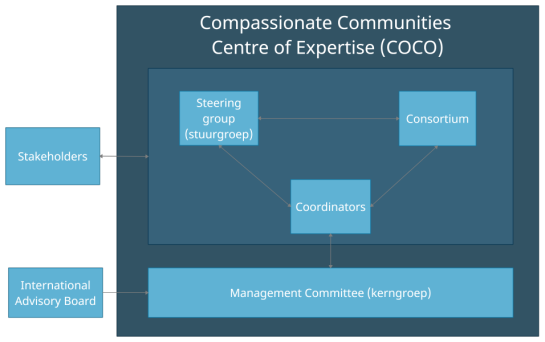
|
•Management Committee: provides day-to-day leadership and shapes COCO's strategic direction.
|
•Steering group: representatives from each COCO research group provide input on strategic direction and budgetary decisions.
|
|
•Coordinators: Coordinate research, valorization and day-to-day management.
|
•International Advisory Board: International experts in research, community development and public policy provide policy and technical advice on COCO's strategic direction and content.
|
|
•Consortium: Collaboration among COCO members. The consortium consists of professors, postdoctoral researchers, PhD researchers and community development practitioners. Discussions focus on ongoing research, new project proposals, community development and social valorization.
|
•Stakeholders: Consultation with stakeholders from all levels of society (e.g., government, health, civil society, local communities) on the impact, need, and relevance of COCO's work. Still to be developed. |
Participating teams in COCO
Faculty of Medicine & Pharmacy
Faculty of Social Sciences & Solvay Business School
Faculty of Science & Bio-engineering Sciences
- Cosmopolis Centre for Urban Research (Cosmopolis)
Faculty of Psychology & Educational Sciences
- Society and Ageing Research Lab (SARLAB)
- Clinical and Life Span Psychology (KLEP) & Brussels University Consultation Centre (BRUCC)
- Work & Organisational Psychology (WOPS)
- Brussels Innovation and Learning Diversity (BILD)
Visit Our Team to see the full list of researchers affiliated with COCO.
Supervising Committee of COCO
The Compassionate Communities centre of expertise is led by a supervising committee consisting of the two leading partners – the End-of-Life Care research group (EoLC) and Society and Ageing Research Lab (SARLAB). Part of the supervising committee are 2 scientific coordinators, dr. Steven Vanderstichelen (EoLC) and prof. dr. Sarah Dury (SARLAB). They coordinate and support the generation of scientific knowledge, development of scientific project proposals and scientific valorisation work.


